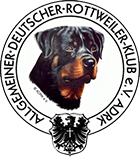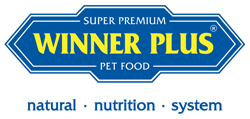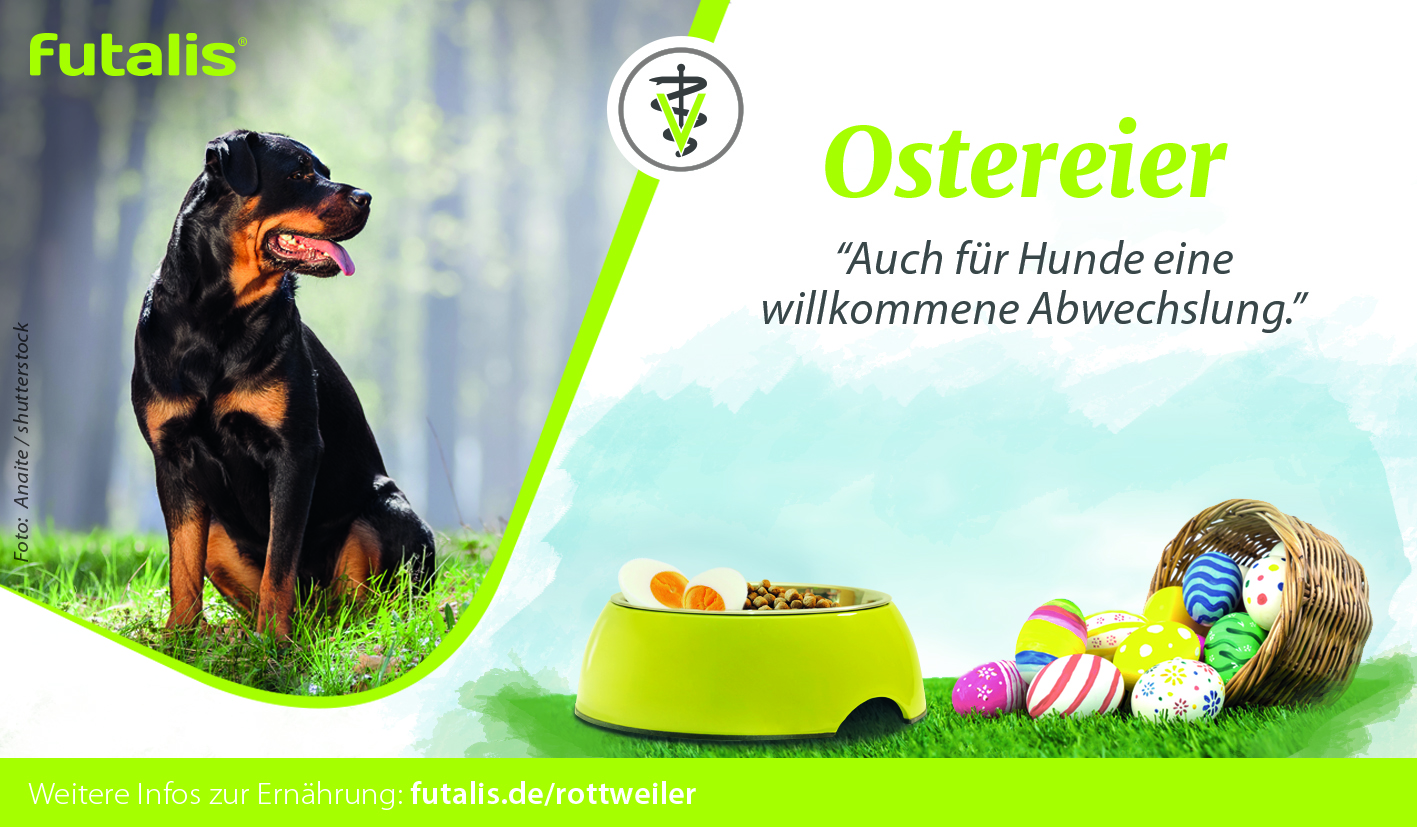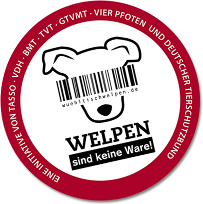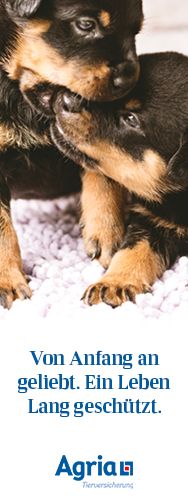| ADRK |
| Allgemeiner Deutscher Rottweiler-Klub e.V. |
Eggs for dogs
Are you already looking forward to Easter? Easter is traditionally the time when many eggs are painted and eaten. The egg hunt is always a joy for children. But are dogs also allowed to eat Easter eggs?
What is inside the egg?
Chicken eggs are a valuable food component for dogs, providing them with important nutrients. Chicken eggs are rich in protein and fat, with the fats being found mainly in the yolk. Chicken eggs are characterised in particular by their high content of essential fat and amino acids. While the contained amino acids support the dog's metabolism, promote cell formation and the reproduction of muscle tissue, the fatty acids can help to give the coat a healthy shine. In addition, the yolk of chicken eggs contains a significant amount of fat-soluble vitamins. Cholesterol and lecithin are also contained in eggs in particularly high concentrations: two substances that are needed, among other things, for cell formation. For this reason, chicken eggs are a high-quality component of dog nutrition, and a distinction must be made between raw and cooked eggs.
Raw eggs - Taboo in the dog bowl
Despite the high nutrient content of chicken eggs, the dog should never be fed with raw eggs. When raw, the egg white contains avidin and trypsin inhibitors. These are special proteins that impair digestion and can lead to deficiency symptoms. For this reason, it is advisable to only add cooked eggs to the dog's diet or to use a dietary mixture containing thermally treated whole eggs. Both avidin and trypsin inhibitors are deactivated by heating. The situation is different with the pure egg yolk, which does not contain avidin, although infectious pathogens must of course always be considered here. Heating is therefore recommended in any case.
Cooked eggs: a valuable source of nutrients for dogs
In contrast to raw eggs, cooked eggs are an important source of nutrients for dogs. Cooked chicken eggs are particularly valuable because of the essential amino acids they contain. These protein building blocks ensure that the dog's metabolism functions smoothly. They also support the reproduction of body cells and muscle tissue. For this reason, a supplement with egg is often found in high-quality dog food. If eggs are administered in addition to the staple food, the feed ration should be shortened accordingly on these days in order to avoid oversupply. Also for certain diseases that require a reduced protein intake, especially kidney diseases, additional egg intake should be avoided unless they are included in the daily ration from the outset.
Egg shells as a natural source of calcium
While the egg itself does not have a particularly high calcium content, the shells are rich in this important nutrient. As a natural source of calcium, eggshells can therefore be added to the dog's fresh food. The egg shells can be crushed with a mortar and added to the food. Mixers or coffee grinders are also suitable for crushing. It should be noted that the dog can best utilize the nutrients contained if the egg shells have been ground as finely as possible. The exact dosage should be determined by a specialized veterinarian. If a balanced ready food is already given, the addition of egg shells is not meaningful however. On the contrary, then even health-damaging overprovision threatens. Also painted egg shells should not be fed to dogs, in order to avoid an unnecessary admission of dyes.
Easter eggs
If your dog is healthy, you can let him eat boiled eggs in moderation and without shells at Easter. The staple food should then be reduced accordingly so that your dog is supplied exactly as he needs it at this time of year.
